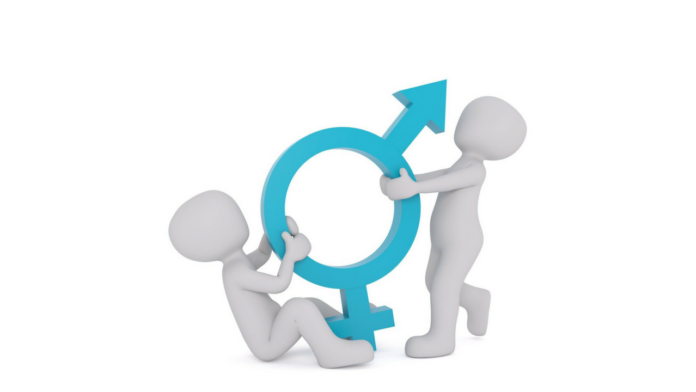MINNEAPOLIS – The University of Minnesota (UMN) is considering a new policy that would make failing to use preferred gender pronouns punishable by firing or expulsion.
The policy, titled “Equity and Access: Gender Identity, Gender Expression, Names and Pronouns,” would allow individuals to use whatever pronoun they desire to identify themselves. If a member of the academic institution—faculty or student—fails to use the preferred pronoun, they could face disciplinary action, including being fired or expelled.
The draft of the policy claims “gender identity cannot be observed, the only way a person can know an individual’s gender identity is when they tell you.” All members of the university are “expected to use the names, gender identities, and pronouns specified to them” or will face disciplinary action.
The proposal raises free speech concerns for some students.
“To me, it’s a bridge too far to cross for a person to tell me I have to say something … and if I don’t, I can be punished,” Michael Geiger, one of the campus leaders of Students for a Conservative Voice, told the Star Tribune in an interview. “There’s a difference between creating a healthy environment and trying to legislate insensitivity out of the U.”
Raising even more concern, the policy would also allow individuals to use the men’s and women’s bathrooms, locker rooms, housing, and other university facilities based on their self-identified gender. Students have questioned on how the policy will impact housing assignments and whether an individual will be able to specify if they do not want to live with somebody of a different biological gender.
“Individuals may access gender-specific facilities that correspond with their gender identities and may participate in University activists and programs consistent with their gender identities including, but not limited to, housing, restrooms, locker rooms, recreation services and activities, and camp programs,” the policy proposal reads.
“Individuals will not be required to use gender-specific facilities that are inconsistent with their gender identities or to use gender inclusive options because their sex assigned at birth or sex listed on legal documents differs from their gender identity or gender expression,” the proposal continues.
Jane Kirtley, a professor of media ethics and law at UMN, expressed concern over the enforcement of the pronoun proposal, telling the Star Tribune that “looking at the proposal policy with a lawyer’s eyes, I am concerned … I frankly do not see how they could enforce something like this.”
UMN will not take any action on the proposal until this fall. A 30-day public comment period is expected before the policy would be approved.











